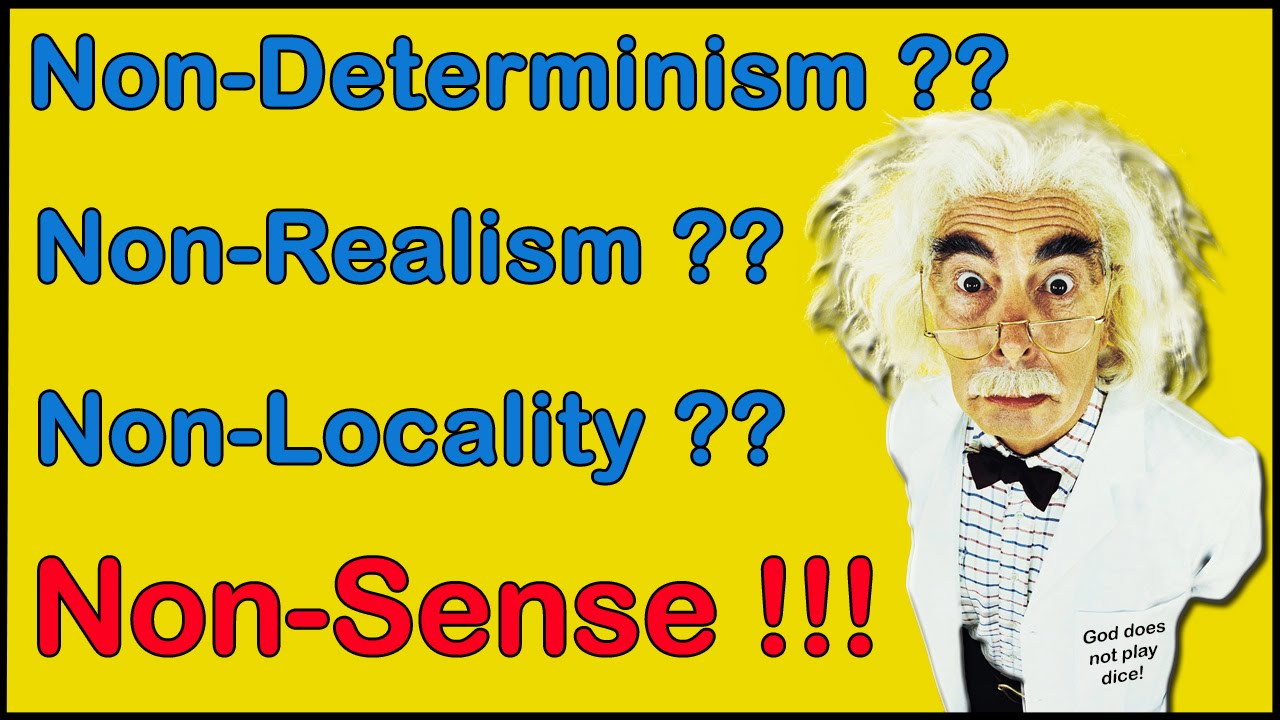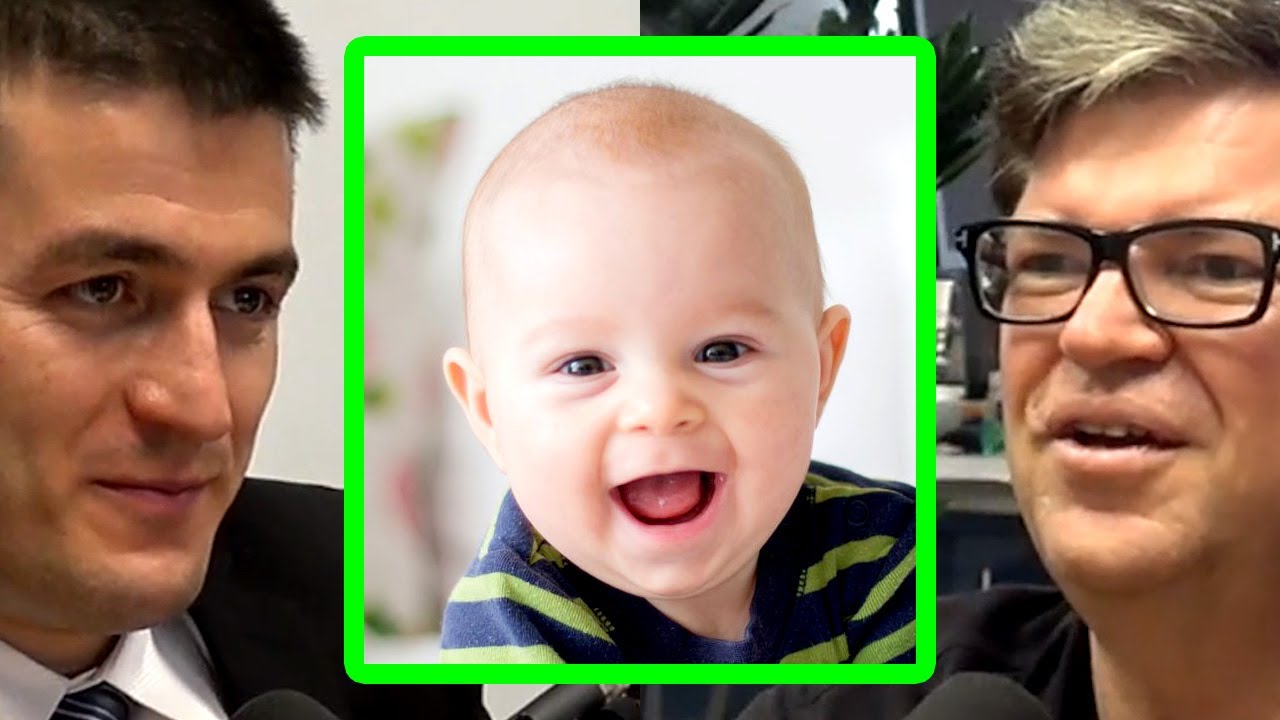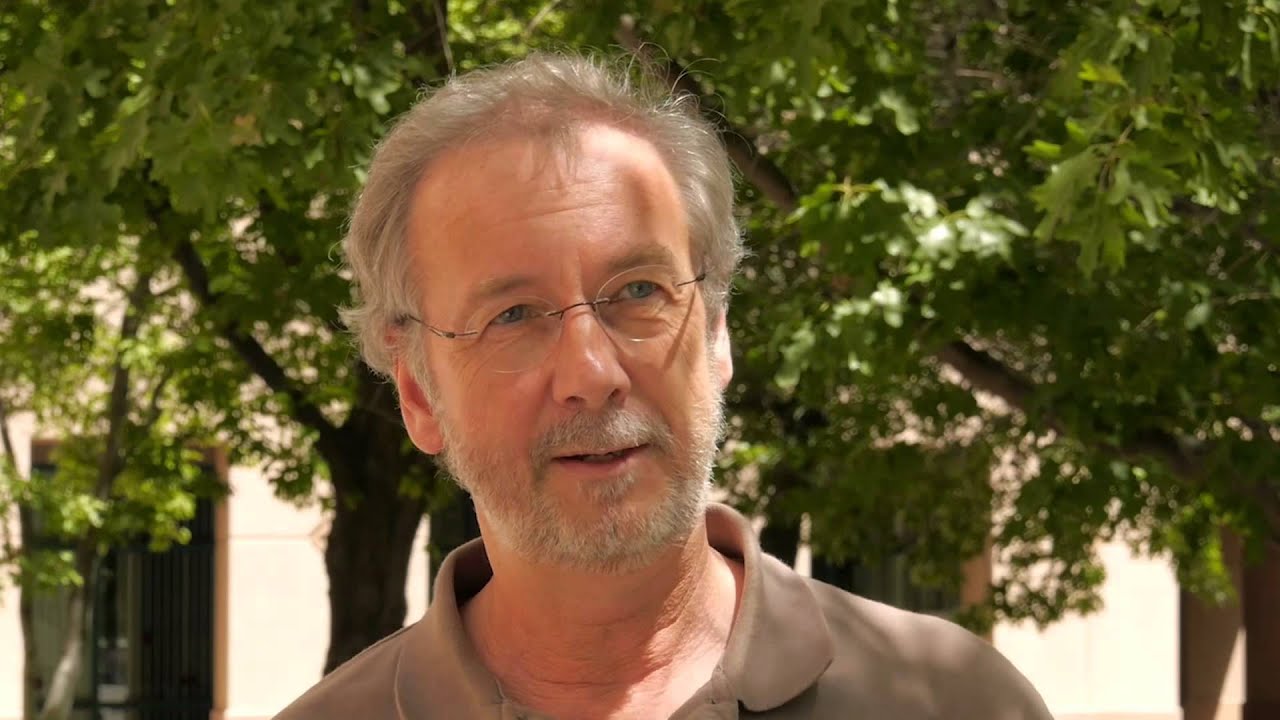Cracking The Nutshell
What does quantum physics have to do with free will? Is causality linear? What is indeterminism? What is Bell’s Theorem & why is it so important when it comes to discussing determinism and free will? What is non-locality? What is realism? Is Nature a super-deterministic conspiring machine?
** Please support my channel by becoming a patron: http://www.patreon.com/crackingthenutshell
** Or… how about a Paypal Donation? http://crackingthenutshell.org/donate
Starting with a popular argument against free will, you will be introduced to a few of the implicit assumptions hidden in this argument. From causal determinism & linear causality to realism and unique histories. Getting familiar with these concepts will help you understand the importance of Bell’s theorem, its assumptions and philosophical implications, which will be covered in detail in the second part of the video.
The freedom of choice assumption is in fact one of the pillars of quantum theory. From the standard double-slit experiment to Bell’s Theorem, and more recently the Conway-Kochen Free Will Theorem, the free choice of the experimenter is an axiom which is built into the foundations of quantum mechanics. Since experimental tests show that Bell’s inequalities are violated, the philosophical implications are that we need to let go of one or more of the assumptions in Bell’s Theorem: locality, realism or freedom of choice.
Full script available here: http://crackingthenutshell.org/quantum-physics-free-will-bell-theorem-determinism-causality-locality-realism
Summary:
– Introduction: What does quantum physics have to do with free will?
– A popular argument against free will. Assumptions: causal determinism, linear causality, realism, unique histories
– Changing our starting assumptions. Turning the argument upside down
– Questioning the validity of Science if the choices of the experimenter (the questions we ask Nature) are not free
– Isolated system? Or can we assume an intrinsic indeterminacy in Nature which allows for a branching of possibilities, from the present moment, into both the past and the future?
-Definition of free choice: a choice not uniquely (or exclusively) determined by past or external events. Definition consistent with indeterminism & partial self-determination. Rejecting certain libertarian definitions of free will which demand that we have exclusive (super-hero!) self-determination powers, not influenced by anything external / physical / etc
– Indeterminism as the failure of determinism. It states that both past and future may be undetermined (a branching of possibilities rather than a pre-determined linear chain of events). Indeterminism does not necessarily entail absence of causation nor complete randomness
– Free will as a fundamental axiom in Nature. True novelty and creativity. Nature displaying a certain degree of randomness, an intrinsic indeterminacy, allowing for the arising of new possibilities, of new information
– Quantum Physics & free will. Determinism and indeterminism. The experimenter’s choice. Asking questions to Nature. How Nature responds depends entirely on our previous choice as to what questions we decided to ask
– Nature’s response correlated to our choice of question even when we set up an experiment in such a way that this dependence would be classically forbidden, according to the principle of local realism
– Origin of the “Free Choice” discussion in quantum mechanics. Einstein arguing against the completeness of quantum mechanics. Term introduced by Niels Bohr. Spooky action at a distance
– Bell’s definition of free choice. He considered the experimenter’s choice to be completely free when that choice could only be correlated to variables in its causal future, but not its causal past
– Statement of Bell’s theorem. Illustration. Philosophical implications. Realism, locality & freedom of choice
– Causality & non-locality. Spooky action at a distance or reality beyond space-time? Nicolas Gisin experiments. What is this spooky kind of interconnection? Non-separability (oneness). Space-time not fundamental. Causal order, linearity in time not fundamental
– Experimental confirmation of Bell’s inequalities. Violation of local realism or freedom of choice
– The Super-deterministic Universe, Cosmic Conspiracy: Nature is conspiring to make our experiments consistent with the view that quantum theory is true, that the world is indeterministic, non-local & observer-dependent
– Anton Zeilinger’s experimental tests. Violation of Bell’s inequalities, violation of Leggett & Leggett-Garg’s inequalities. Macro-realism (moon still there when nobody is looking?)
– What needs to go? Locality, realism, locality and realism or freedom of choice?
– Coming soon: Conway-Kochen Free Will Theorem, past history creation, John Archibald Wheeler, Participatory Universe, Universe as a self-excited circuit, alternatives to deterministic linear causality
Source




Uff this is a bad video 13:26 I´m off
When a person mistakenly says "temporarily" when the script in front of them clearly says "temporally", you have to wonder who wrote the script for them.
Schopenhauer debunked the idea of Free Will a long time ago with this sentence: "A man can choose what he wants but he cannot want what he wants".
Or faster than light is possible, as in the Electric Universe Theory.
What needs to go? 5. Modern Quantum Physics.
She was roped into the video, @28:32.
Question – If there is an inherent contradiction exposed by Bell's theorem, isn't "extreme solipsism" a valid explanation of the data? I mean, I don't expect society to be able to discuss it, but it seems to work. If we assume free will [at least MY free will]l is actually REAL, then it's merely YOUR free will that represents a problem. Monoism [btw – the very first metaphysical conception that is recorded by humans in the Vedas], seems to solve this so-called "contradiction". Sorry to break it to you folks, you'rea ll a figment of my imagination! Funny how primative pre-literate people in India basically explained this issue 5000 years ago, and modern "scientists" are just catching up now. Nothing is new.
I do believe that the way physicist portray consciousness & will is completely wrong (and a product of being anti-religious rather than rational) but :
1.) your argument of 'delayed choice quantum eraser experiment' is completely wrong, there is no such thing as 'observer' in DCQEE there is a 'Detector' (not an observer).
2.) (If we are taking liberty of assuming then) DCQEE is more of supporting proof of determinism than "free will" , consciousness or indeterminacy.
3.) and even better DCQEE more hints towards 'De Broglie–Bohm theory' .
I think you should make a video about 'free will/will' in which you should put your own view of freewill, given the fact that you are not asserting it is correct but it's just what you think it is.
Great job thank you!
Very good !!!
Wow, great work, very clear and pretty detailed!!! Love the summary in the comment box, finally a good use of it hahah.
Good Job!!!
21:10 – Bell's Theorem starts. You're welcome.
Locality needs to go, because a signal could be traveling, at light speed or less, indicating what choice would be made in some locality, which the particle, itself, may not have interacted with, but has interacted with particles that have become apart of the local region of spacetime. For hundreds of years, the particle travels to distant locality, bearing with it information necessary to entangle the choices of observers in that distant region of space. But we assumed the experiment started when we started measuring when, in fact, the experiment started before we existed, when the universe was evolving toward the point in which we found ourselves running the experiment. I favor Bohmian Mechanics, myself. You don't need superluminal speeds, unless you misattribute the start of the experiment only to actions you attribute to your behaviors.
But… where does your "self" come from? Where is this free choice being made, if it's not the effect of the combination of past causes. And what causes THAT? Or are you suggesting that there is something non-causal? Which I don't see how that would work… You have to explain what the freedom from nature/nurture is for you to imagine applying it.
completely imposible to hear such speach, full of unnecessary emotional intonations, that do nothing, but confuse
Randomness/non-determinism doesn't necessarily imply free will. A lot of the most recent research suggests processes for decision-making in the brain are taking place long before we have conscious awareness. This implies that, at least for short notice decisions we don't have as much choice as we would like. Beyond that, even if consciousness is a process that works based on quantum uncertainty, it may in fact suggest we are are acting in a mechanical fashion with randomized output. Put another way, a random number generator as a processing modifier would not imply free will for the device to which this was applied. At the moment, it is still a question that is philosophical without more knowledge as to how it all works.
So if we abandon realism and micro-realism, what happens to objects when they are not observed?
There is no free will provided that everything moves specifically according to something else. If this is true then you could build a computer to factor in everything in the universe, including itself, to predict what will happen in 100 years and it will be 100% right.
Hello, what is the artwork used at around 4:56? Thank you! Great video 🙂
However , I think I will still go with free will ; but the position of determinism is so strong and compelling (even more than free will); as the only evidence we have in defense of free will is our bold Ignorance. I think I haven't understand much about determinism and the crazy communication btw distant objects . Thank you for the enlightening presentation, more grease to your joints.
This presentation seriously gotbme more interested in quantum mechanics. I was glued to the screen with my writing pad till the end , and I made a load of realisations , understanding and the level to which you explained it actually made me believe my brain is not that dead or as dumb as I used to think of it as incapable of grasping knowledge in abstractions . This really bring me to great realization
I dont think you are right. Your Definition of free choice is the "Probleme". You Talk about the randomnes and the cone of choices you can choose from. Eventhough in this moment there are different choices available: If you take a wrong choice you will be unhappy and therefore try the next choice until u found a choice that makes you happy. So in the end we all end up in the same Spot. The oppurtunies are there yes. But they will not feel good. Its the brain that forces you "back on the survival track" . Happy and sad comes from your brain and will make you regret / change your choices. Your brain will only make you happy when you give it what it wants! So at any times were slaves of the brain. We are animals and want to live and reproduce. In those Experiments that seem to be influenced by the scientist themselves it could be their bodyheat, magnetism, gravity, etc. Or the measuring devices make impacts. Everything is a reaction to something else
Spinoza teaches us that we follow the law of necessity and that free will is an illusion; we are aware of our desires but unconscious of the causes of our desires. We are determined by our preconditioning. We have many choices; however, these choices are predetermined. See how… wayofspinoza.com
This video sounds like a of mantal gymnastics
"Free will" – free from what? Influence? Does that not mean "free will" is defined as irrationality? The idea that you could have made another choice is the same as saying that you could be not you… if I asked you if I could kill you, and you answered no, and I asked you a thousand times, and each time you always said no… and this was completely predictable, that doesn't mean it was not your decision. If your decision could be free from prior influence, that makes it random, and means it would no longer have been your decision. You COULD have chosen to agree to permit me killing you, you have the freedom, but what does that get you? The fact that the decision is rational, and deterministic, does not make it not your choice.
wow, 15 minutes in and all you've done is postulate free will and enthuse about how "intuitive", "intrinsic" and "genuine" it is as opposed to the determinism argument which assumed things that there is no proof for… just like there's no proof of free will. So basically, you spent 15 minutes portraying this approach as better than the other when it really isn't in a logical sense. It instead appears to just be more comfortable for you.
The pictures in this video prevented me from watching it to the end. It does not lookscientific, rather like some Jehowa's biblie.